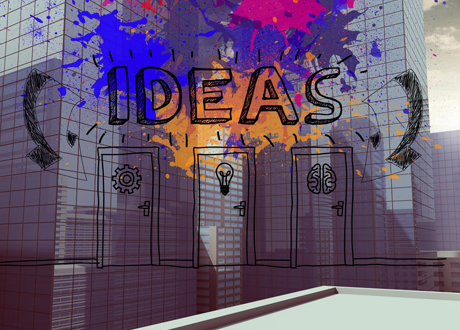How the Pandemic Created the Virtual Innovation Lab
COVID reshaped every department—including your innovation department. Find out how some organizations adapted to the remote work age by creating the virtual innovation lab, and how you can create your own by downloading this complimentary infographic.






